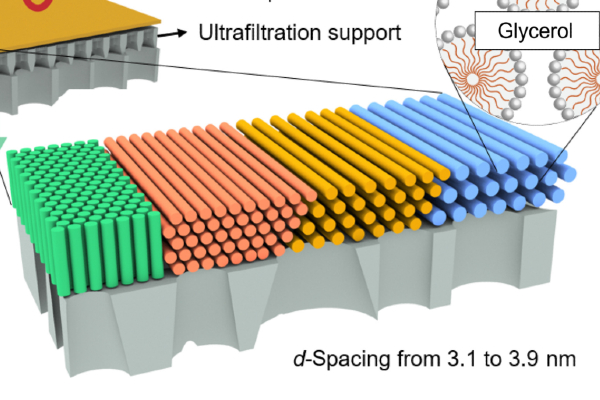
Chemical separation processes are essential in the manufacturing of many products from gasoline to whiskey. Such processes are energetically costly, accounting for approximately 10–15 percent … Read More ›

Chemical separation processes are essential in the manufacturing of many products from gasoline to whiskey. Such processes are energetically costly, accounting for approximately 10–15 percent … Read More ›
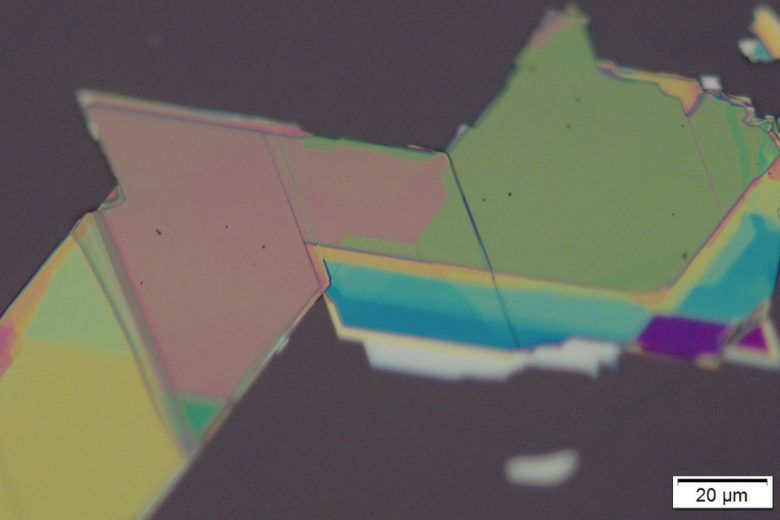
A major research challenge in the field of nanotechnology is finding efficient ways to control light, an ability essential for high-resolution imaging, biosensors and cell … Read More ›
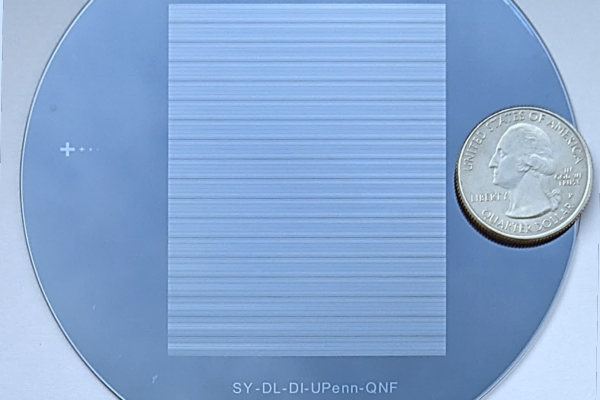
Penn Engineering secured a multi-million-dollar contract with Wellcome Leap under the organization’s $60 million RNA Readiness + Response (R3) program, which is jointly funded with … Read More ›
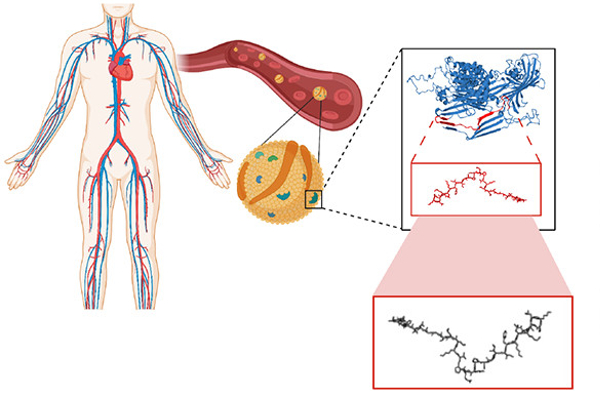
The rise of drug-resistant bacteria infections is one of the world’s most severe global health issues, estimated to cause 10 million deaths annually by the … Read More ›
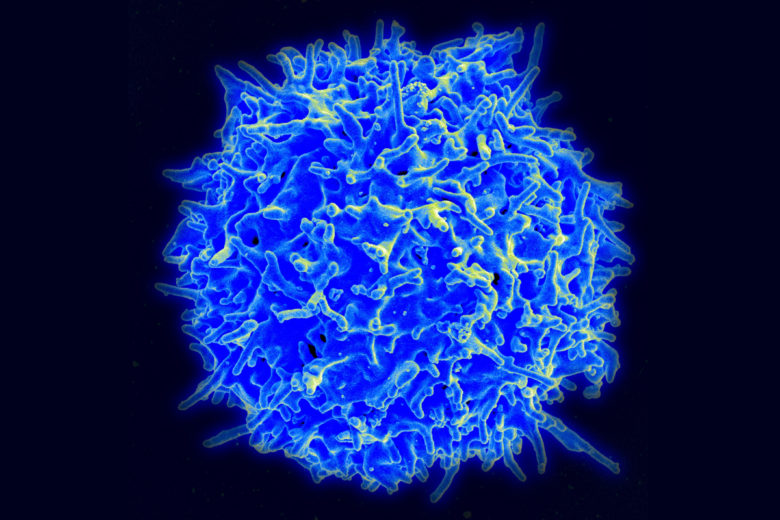
Our bodies are equipped with specialized white blood cells that protect us from foreign invaders, such as viruses and bacteria. These T cells identify threats … Read More ›
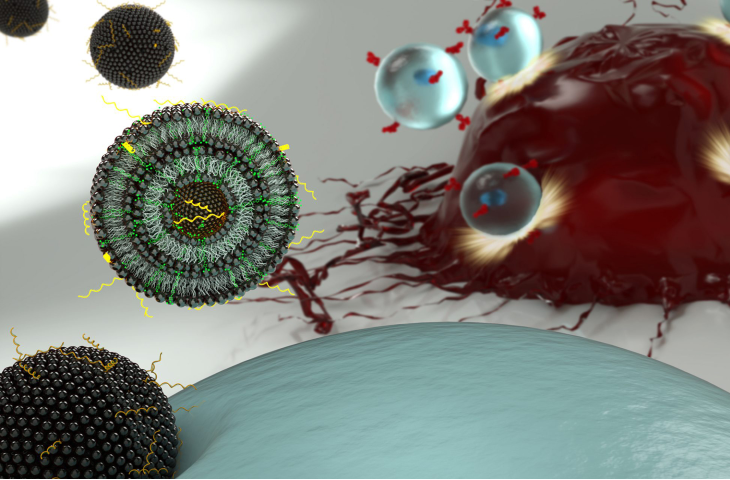
From COVID vaccines to cancer immunotherapies to the potential for correcting developmental disorders in utero, mRNA-based approaches are a promising tool in the fight against … Read More ›
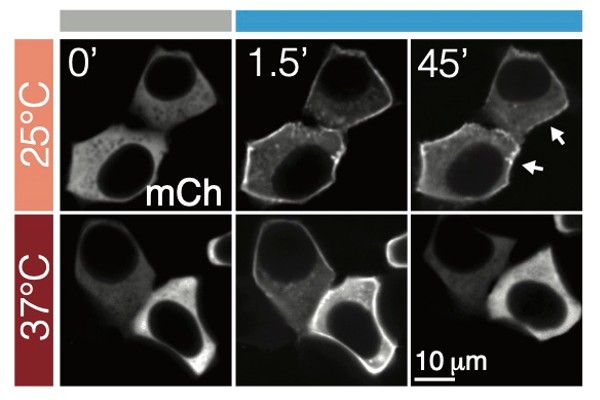
Most organisms have proteins that react to light. Even creatures that don’t have eyes or other visual organs use these proteins to regulate many cellular … Read More ›

Our body’s natural line of defense against infection and disease, as well as cancer, is our immune system equipped with T cells, a type of … Read More ›
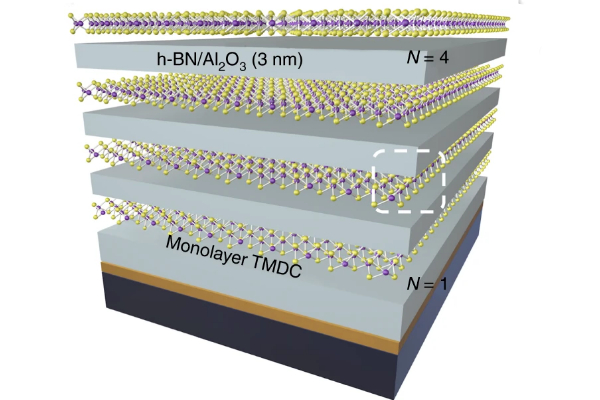
Solar panels, cameras, biosensors and fiber optics are technologies that rely on photodetectors, or sensors that convert light into electricity. Photodetectors are becoming more efficient … Read More ›
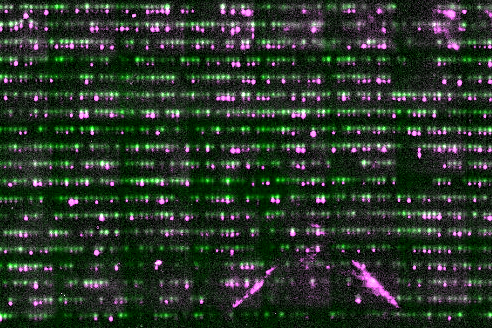
Penn Health-Tech’s Nemirovsky Engineering and Medicine Opportunity (NEMO) Prize awards $80,000 to support early-stage ideas joining engineering and medicine. The goal of the prize is … Read More ›